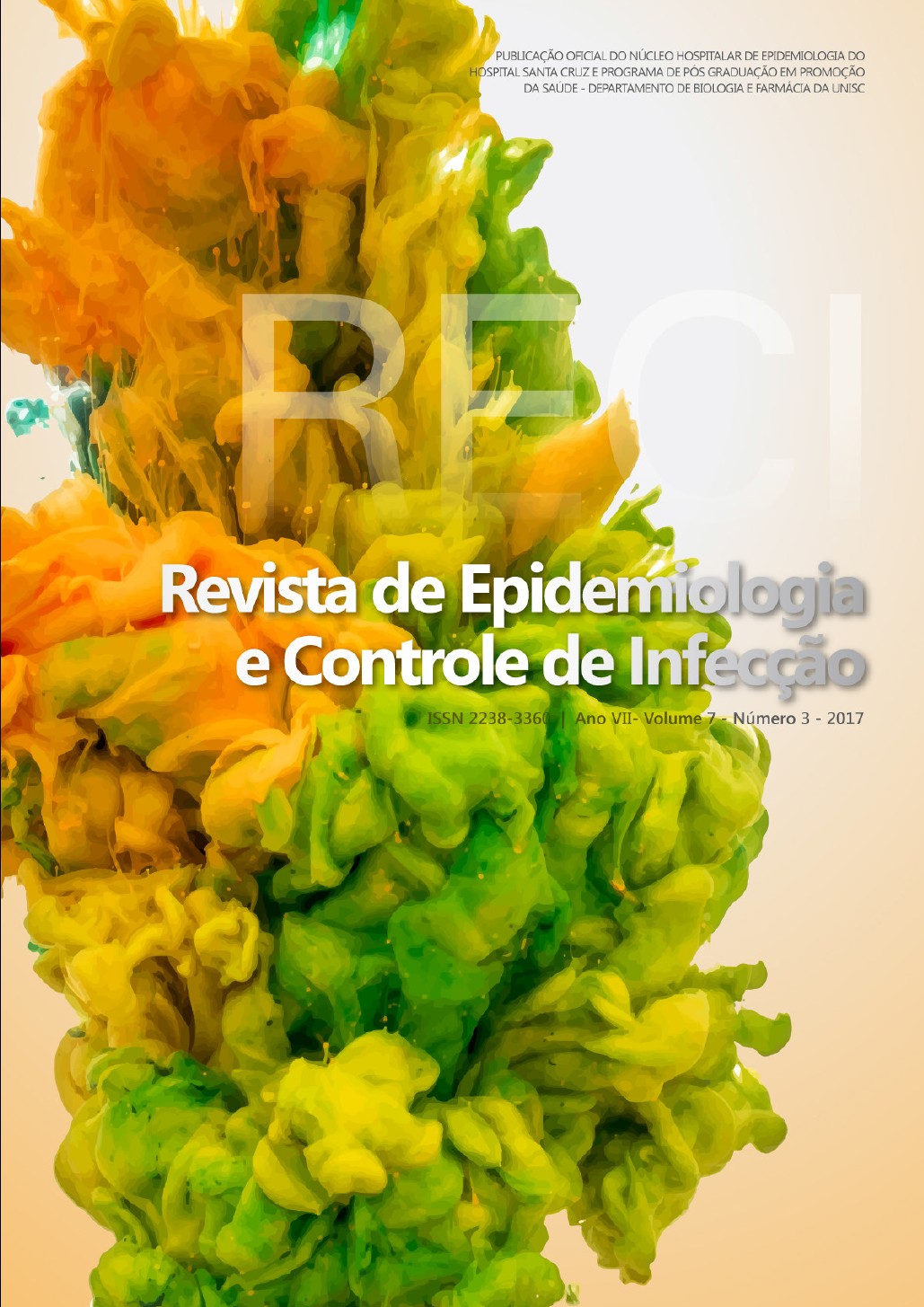Quality of life of warfarin users treated at the public health system
DOI:
https://doi.org/10.17058/reci.v7i3.8930Abstract
Background and Objectives: Warfarin is an oral anticoagulant agent and users requires care that can interfere with quality of life. This study aims to assess the quality of life of warfarin users from the public health system according to the tool “Duke Anticoagulation Satisfaction Scale” (DASS). Methods: A cross-sectional study with users of the community public health system of both genders, aged over 18 years, residents of the municipality of Ijuí / RS, who received the warfarin from the public drug dispensing units of this municipality and had the cognitive capacity to answer the tool. Data collection was performed between January and February of 2015. The DASS tool was used to evaluate quality of life, of which results are quantitative, in which lower values indicate better satisfaction with the use of anticoagulant, less limitation, lower task/overload and lower psycho logical impact, i.e., better quality of life. Answers to questions used for the evaluation of socio-demographic, clinical aspects and time of warfarin use were also collected. Results: We inter-viewed 49 users, 53.06% males, with a mean age of 63.16 ± 13.18 years. In the overall DASS domain, the result was 71.85 ± 18.48. No statistical differences were found regarding quality of life with sociodemographic and clinical characteristics. Significance was only observed regarding the time of anticoagulant use, as patients who had been using it for a longer time had a worse quality of life. Conclusion: It was observed that the users of the present study had a low quality of life, requiring the development of strategies to assist them.Downloads
Downloads
Published
How to Cite
Issue
Section
License
The author must state that the paper is original (has not been published previously), not infringing any copyright or other ownership right involving third parties. Once the paper is submitted, the Journal reserves the right to make normative changes, such as spelling and grammar, in order to maintain the language standard, but respecting the author’s style. The published papers become ownership of RECI, considering that all the opinions expressed by the authors are their responsibility. Because we are an open access journal, we allow free use of articles in educational and scientific applications provided the source is cited under the Creative Commons CC-BY license.


